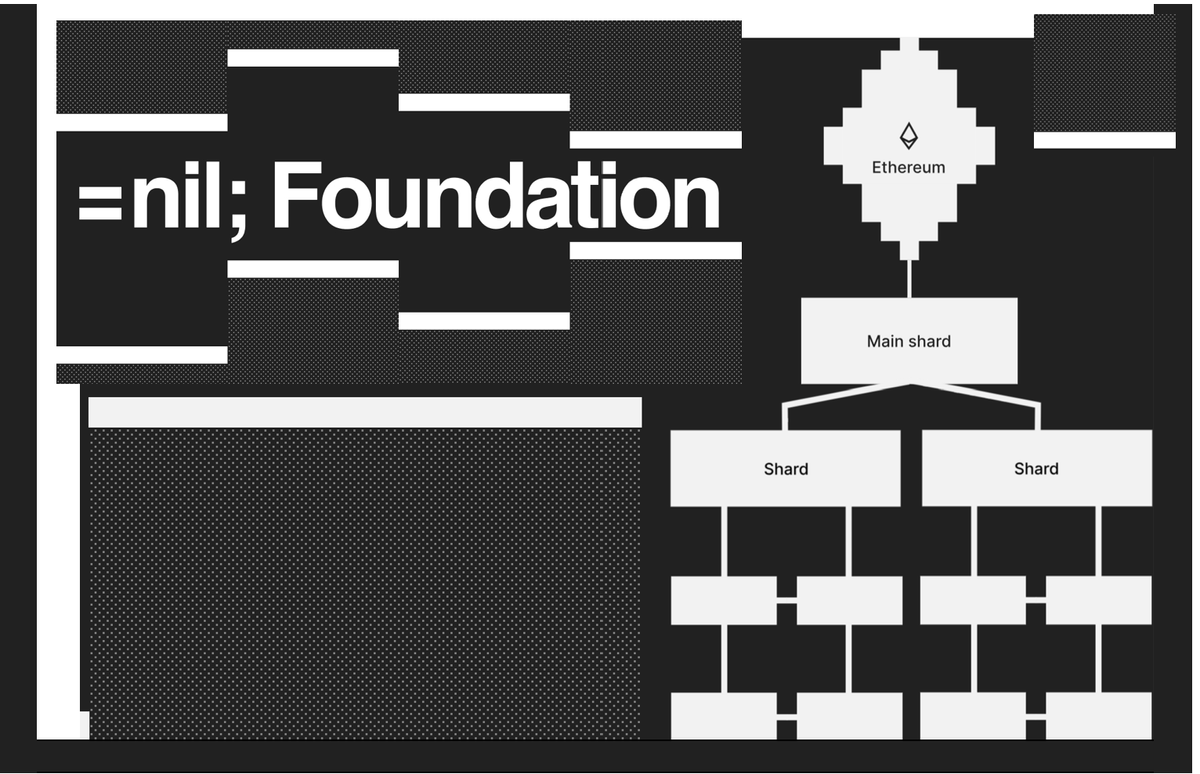
Nil Foundation has announced plans to launch a new zkSharding rollup on Ethereum, which will combine zero-knowledge (ZK) proofs and sharding technology to enhance scalability and privacy. While it is not the first company to build a ZK rollup, it is certainly the first to integrate sharding into it.
There are two primary technical implementations of rollups at the moment: Optimistic rollups and ZK rollups. While the best performing rollups, by TVL, are currently Optimistic rollups, many believe that the future will belong to ZK rollups.
Source: L2beat.com
ZK rollups offer a number of advantages over Optimistic rollups, including:
- Transaction privacy. ZK proofs ensure transaction validation and verification while maintaining the privacy of the user’s sensitive data. This is something Ethereum has needed for a long time.
- Capital Efficiency. Optimistic rollups require a seven-day challenge period for fund withdrawals, whereas ZK rollups eliminate this waiting time, offering users immediate access to their funds.
For a long time, one significant drawback of these rollups has been their lack of full compatibility with the Ethereum Virtual Machine (EVM), which meant that Ethereum developers couldn’t use familiar tools to build dApps on them. However, the Nil Foundation states that their zkSharding rollup will support zkEVM, indicating full EVM compatibility.
Additionally, with their zkSharding rollup, they aim to resolve the issues of data and liquidity fragmentation present in current rollups.
Current rollups often function as isolated ecosystems with limited connectivity to the Ethereum mainnet and each other. There is no functionality to make smart contract calls from Optimistic rollups directly to Ethereum.
According to Nil Foundation, their rollup will provide direct access to the data of Ethereum's main network, creating a unified execution environment for developers without any security or liquidity fragmentation.
Furthermore, it will incorporate sharding, which is expected to enable this rollup to handle approximately 60,000 ERC-20 transfers per second with around 400 nodes.
The integration of sharding has been a long-standing component of Ethereum’s development roadmap, with its implementation anticipated to occur between 2024 and 2025.
Seeing sharding implemented on a rollup level before its official launch on the main Layer 1 network would be an intriguing development.
The team behind Nil Foundation is well-known in the crypto space; they are the developers behind Lido, the first and largest liquidity-staking protocol on Ethereum. So, while the mainnet date of this zkSharding rollup remains unknown for now, its launch will certainly be an event to watch closely.

